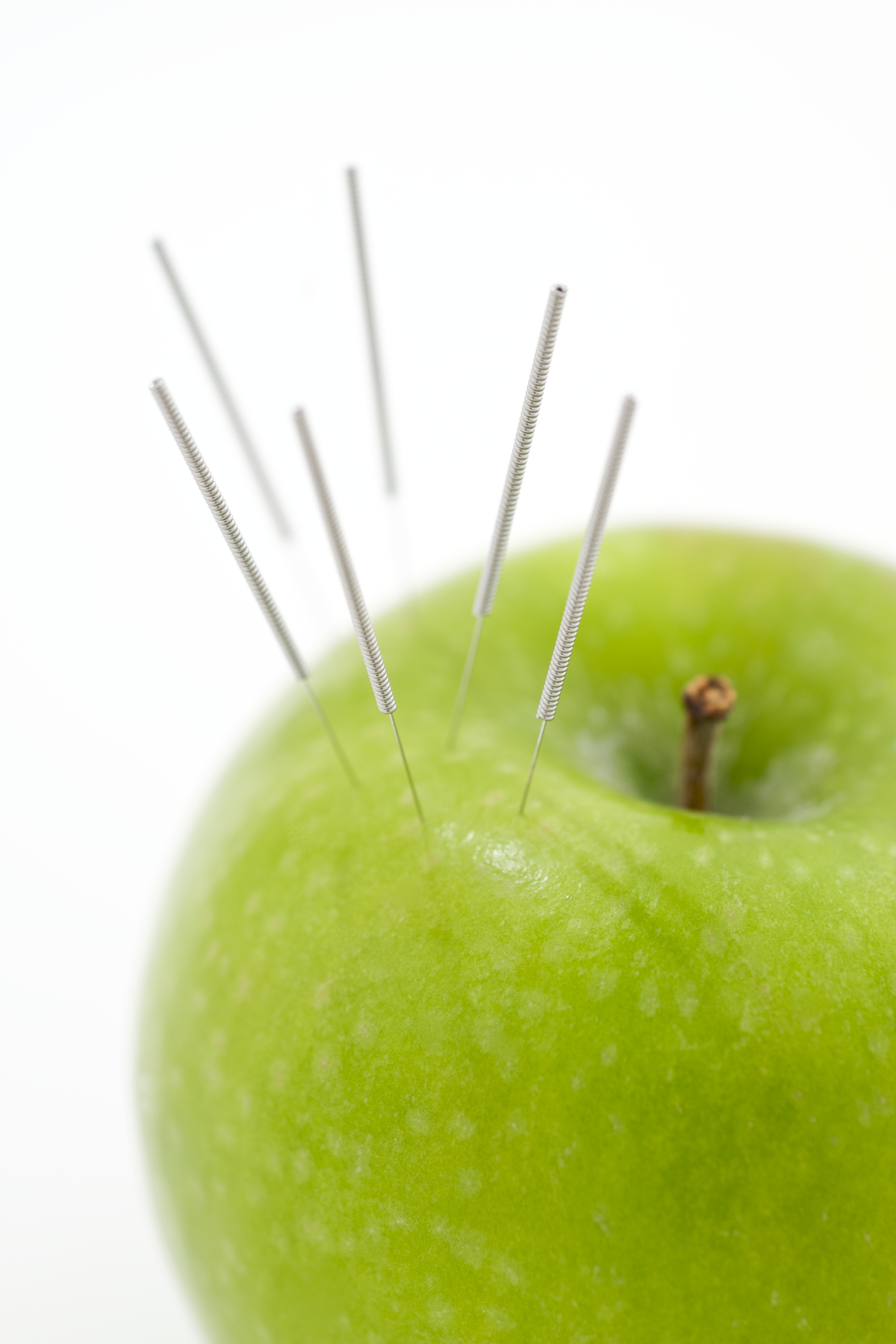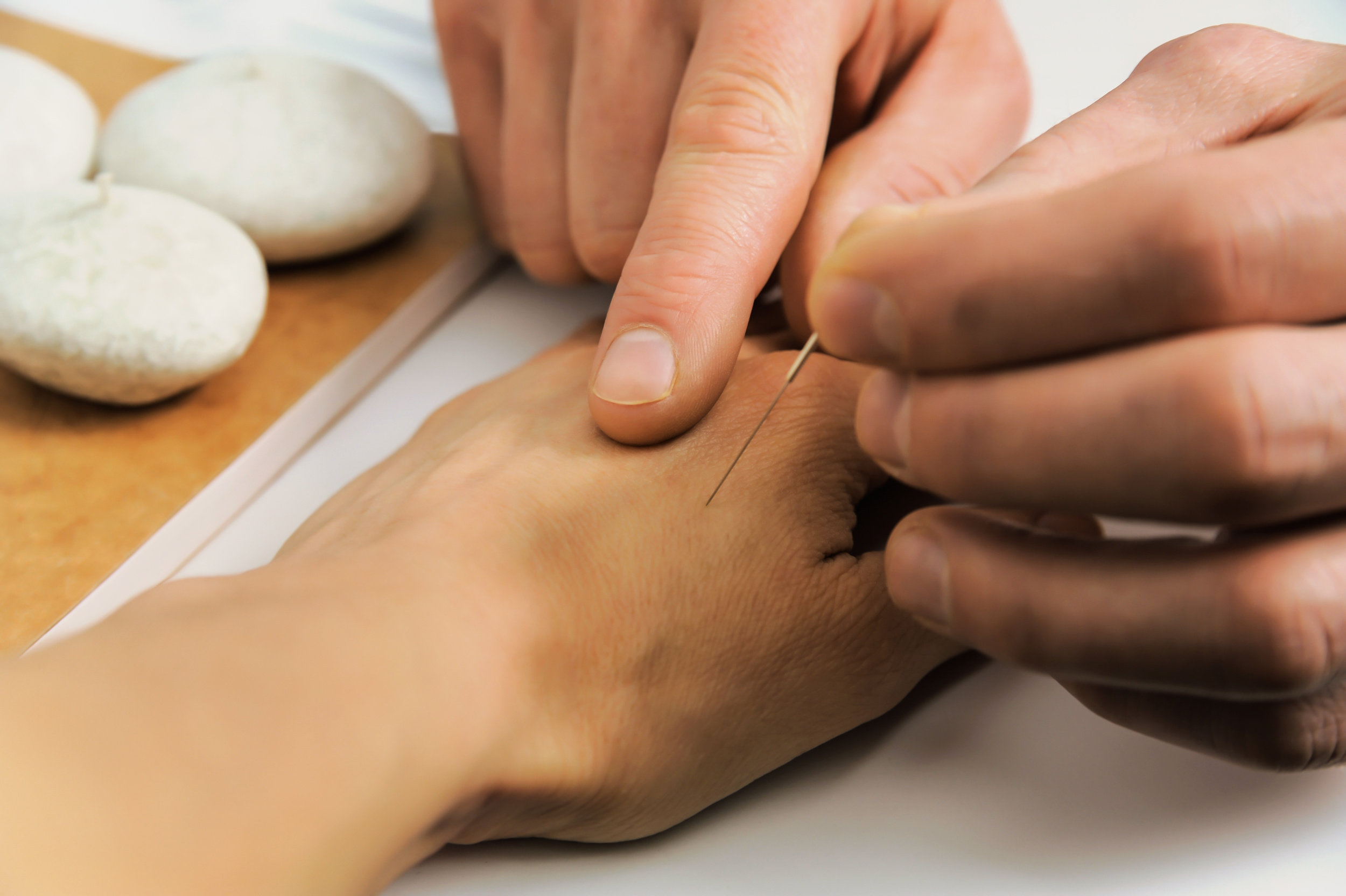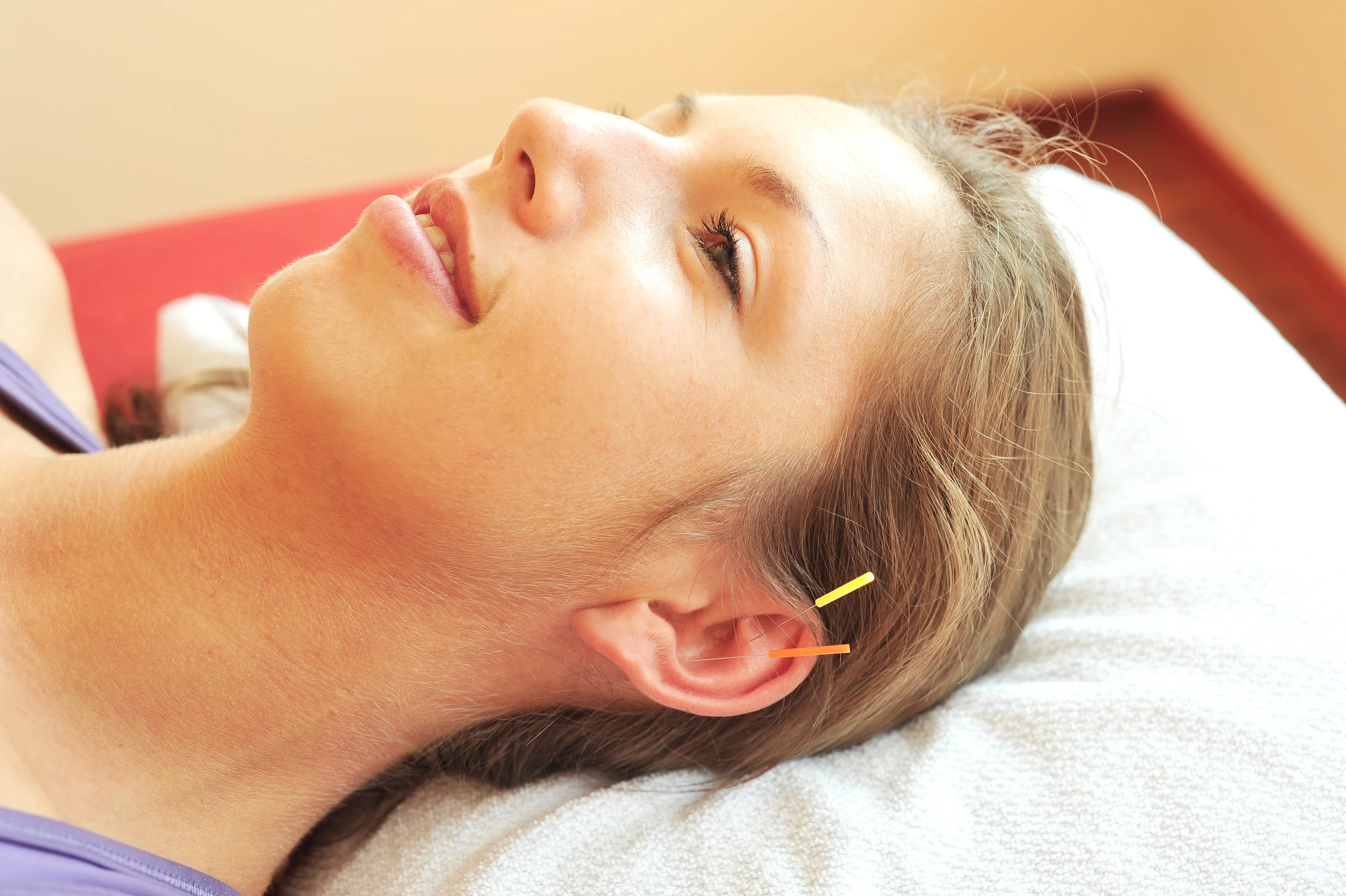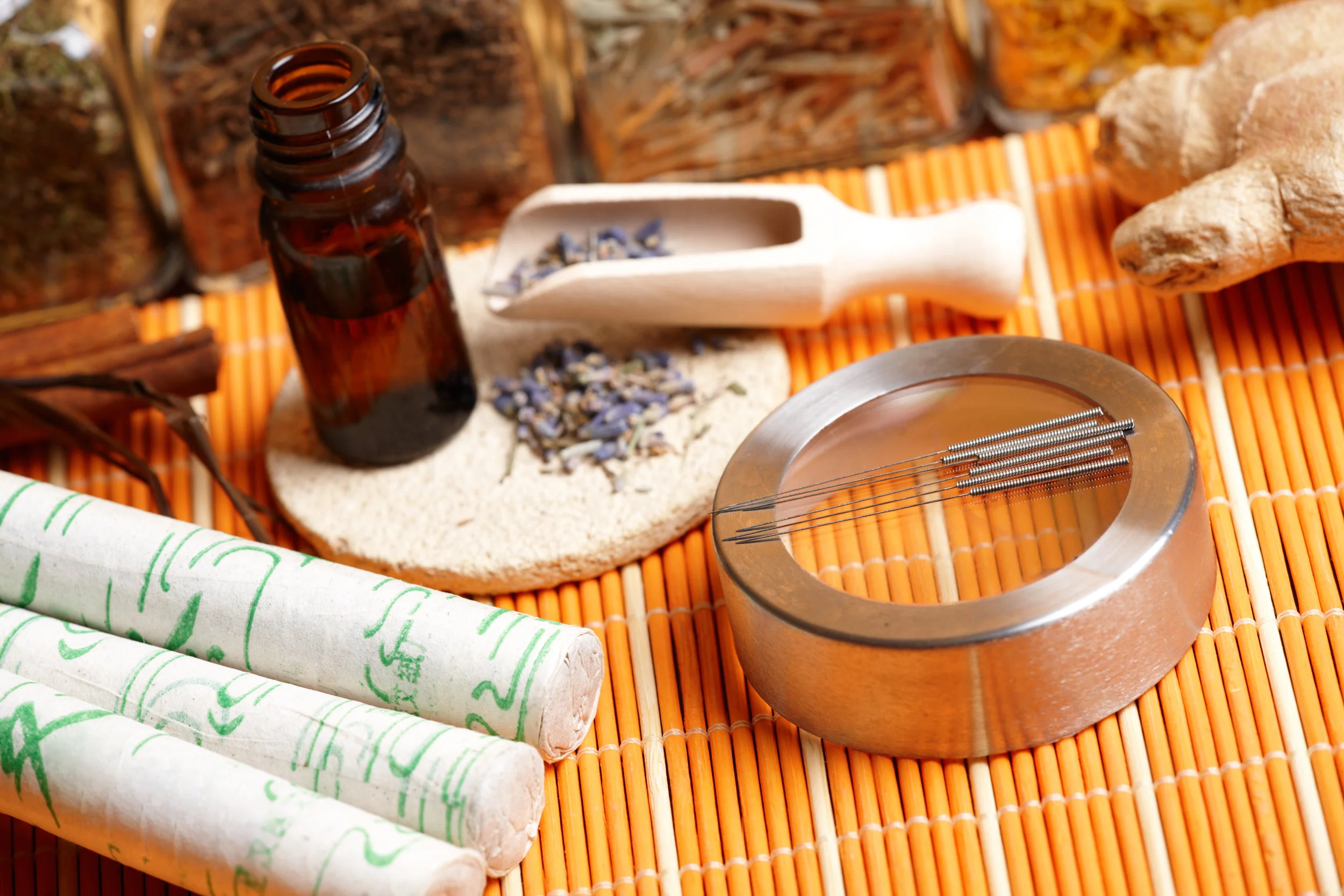


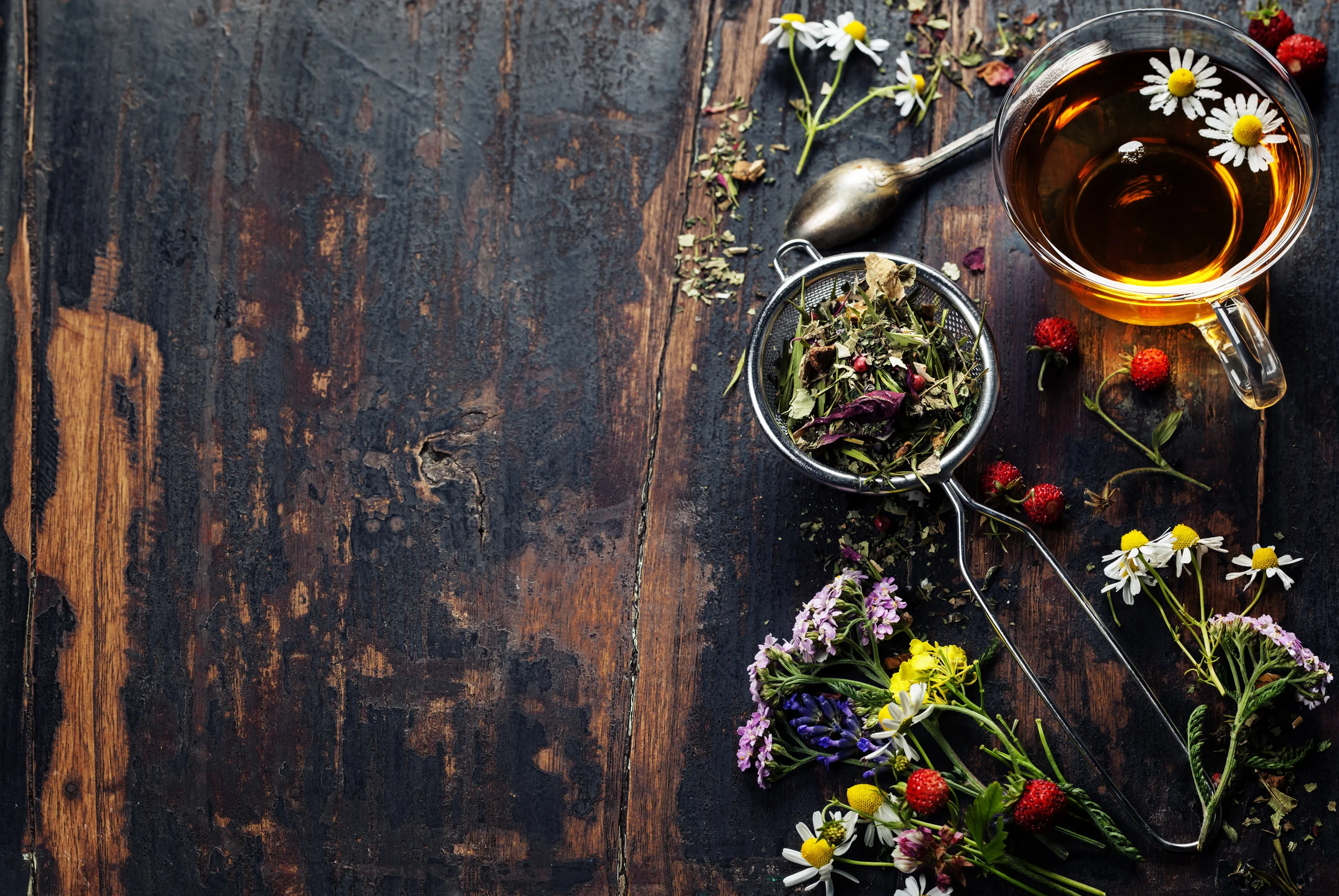
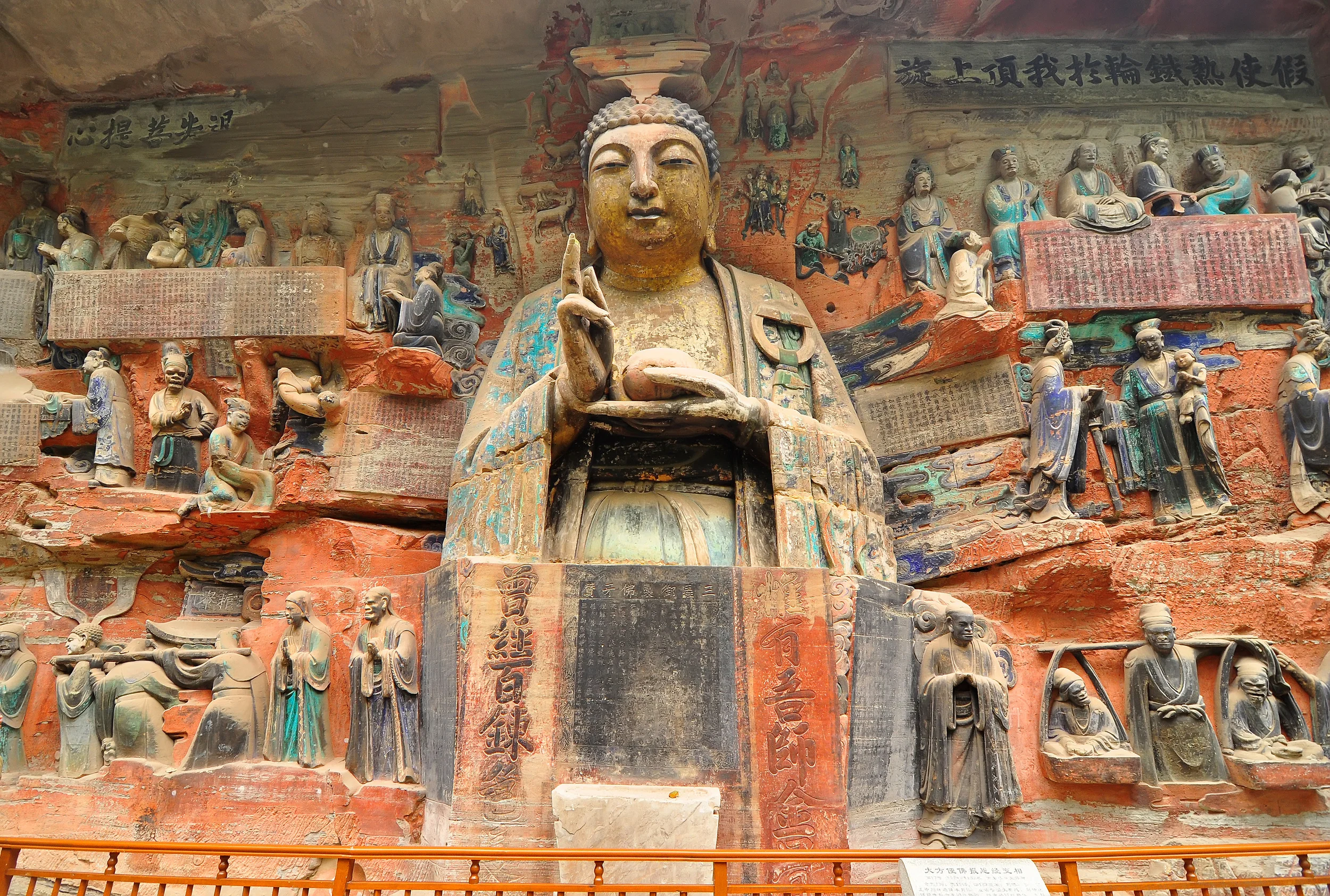

Acupuncture, Laser, Herbs and Qigong for Health
Online and Office Treatments
Effective Care — with or without Needles
Acupuncture, Laser, Herbs and Qigong for Health
Online and Office Treatments
Effective Care — with or without Needles
Class IV laser therapy — relief is here
Effective, safe and fast pain relief!
FDA-approved for:
Aspen Apex Class IV Laser — the cutting edge in progressive care for many physical complaints.
Arthritis
Carpal tunnel syndrome
Chronic pain
Fibromyalgia
Neuropathy
Post-surgical pain
Sprains and strains
Tendonitis
Class 4 lasers
Also known as photobiomodulation devices, these instruments are used to: reduce pain, increase microcirculation, promote tissue healing, treat acute and chronic conditions, and treat post-activity recovery.
Class IV lasers are the standard tool used in pain and neuropathy clinics. Why? They are both powerful and safe at the same time. This means they are exceptionally effective while carrying little risk of any side effects.
Get remarkable and quick relief for your acute complaints. This form of laser will help with your chronic conditions too! But with these challenges, it usually takes a while longer for the positive benefits to sink in and hold. This is a major reason why you should consider including acupuncture with class IV laser. Come again? Read on:
An excellent strategy for chronic conditions
One of the most outstanding ways to accelerate the overall rate of healing, centers on adding acupuncture into the treatment. First, you receive laser, which is usually very relaxing. And then, you receive an acupuncture session to deepen and improve both the short-term and long-term benefits.
To sum up: Class IV laser therapy plus acupuncture, considered together, as two parts of a package treatment, constitutes a terrific combination—powerful, broad-spectrum and exceptionally supportive.
Folks usually experience extraordinary relief and improvements simply not possible with any single therapeutic approach.
You can click the link below to get further details about the class IV laser we use in the clinic and how therapy proceeds—why it works and what it feels like. In a nutshell, most people feel a comforting and relaxing moderate warmth: like warm sunshine on a pleasant and mild, spring day.
“Greg is highly skilled. I came to him with depression and back pain. After a single session my symptoms were relieved. I completely trust his immense depth of knowledge in alternative medicine. He is a true healer in every sense of the word.”

Online Consultation and Treatment
Not local to the clinic? No worry. You can still get treated during an online session. Both consultation and therapy are available and entirely effective.
Online Consultation and Treatment
Not local to the clinic? No worry. You can still get treated during an online session. Both consultation and therapy are available and entirely effective.
Experience the benefits of an office visit
Consultation, coaching and treatment are possible, either separately or in combination. How does an online visit differ from an in-person visit?
The advice provided online will be the same you would get in the clinic. The treatment modalities will differ a little from the usual practice of needles, heat lamp and supportive methods. But interestingly, the positive benefits are usually on a par with in-office visits.
We Listen
Tired of telling your story and not having the doctor really take the time to listen to you or what you have to say?
It's a common frustration for patients of modern healthcare. We're different. We actually take the time to listen to you and all the details. Being fully heard is essential for true healing to occur.
In fact, scientists have now verified what Chinese Doctors of Oriental Medicine have said for thousands of years: what you think and feel directly affects your health—both in the short term and in the long run. This is good news! Why?
Your Acupuncture Physician here has extensive training and practical experience in both Chinese Oriental Medicine and counseling. So, you get healing of your particular medical concern but also a more thorough and lasting improvement since body, heart and mind are all attended to during treatment.
“Dr. Greg is ... amazing, amazing!!! I’ve gone from asthma inhalers two puffs twice a day and rescue inhaler four times a week to just one puff each day. I was feeling fat, unhealthy and miserable. I now feel great, am happy and have no attacks or allergy flare-ups. I’m so at peace. He’s helped me to feel safe again to share and express what I have held onto for years. The light at the end of the tunnel is shining very bright and so close.”

Acupuncture
More than 20 million Americans have tried acupuncture. And for good reason: acupuncture works! The World Health Organization recognizes acupuncture as being proven effective for more than twenty conditions including chronic pain, anxiety, stress, digestive disorders and neurological conditions.
Acupuncture
More than 20 million Americans have tried acupuncture. And for good reason: acupuncture works! The World Health Organization recognizes acupuncture as being proven effective for more than twenty conditions including chronic pain, anxiety, stress, digestive disorders and neurological conditions.
One out of every ten adult Americans has tried acupuncture according to recent statistics.
This represents about ten percent of all adults. The numbers say it all: the use of acupuncture has doubled from 2002 to 2022. When you realize that not many folks had discovered this therapy a few decades ago, you begin to understand that acupuncture is clearly becoming more mainstream in US medicine. In fact, it is one of the few complementary medicine approaches covered by most health insurance plans.
Why this increased interest?
Quite simply, acupuncture works, is affordable and has practically no side-effects. Extensive research shows that the insertion of tiny, sterile needles—a practice that has been around for over two thousand years—helps to alleviate many conditions and improve overall well-being.
Scientists now know that several useful effects occur when a needle is inserted: endorphins are released in the brain (this reduces pain and causes a sense of well-being), blood flow increases, connective tissue relaxes, the immune system is stimulated and the brain is activated (this helps to re-educate the brain and body physiology towards greater health).
What about chronic pain?
An important government agency, the National Center for Complementary and Integrative Health, reports that:
“Results from a number of studies suggest that acupuncture may help ease types of pain that are often chronic such as low-back pain, neck pain, and osteoarthritis/knee pain. It also may help reduce the frequency of tension headaches and prevent migraine headaches. Therefore, acupuncture appears to be a reasonable option for people with chronic pain to consider.”
The World Health Organization recognizes acupuncture as being proven effective for more than twenty conditions
including chronic pain of many kinds, anxiety, stress, digestive disorders, neurological conditions such as stroke, physical trauma and injury, nausea, inflammatory conditions such as rheumatoid arthritis, chronic fatigue and hypertension. Furthermore, it asserts that acupuncture has positive effects on over seventy other medical conditions including the common cold, premenstrual discomfort, infertility, menopause and mood disorders.
“I had excruciating pain in my arm which had bothered me for more than a year. Several visits to doctors had not helped. Within two sessions with Greg, the pain began to lessen and after a month I made a full recovery. His warm, comforting manner never failed to make me feel welcome and relaxed.”

Herbs and Nutrition
Although not so well known in the west, herbs are a key part of Traditional Chinese Medicine. Many TCM doctors would, in fact, say that herbs are the MAIN part of their medicine. What this means for you is that there are many powerful and yet safe herbs and herbal combinations that can provide an excellent complement to your current nutritional and medical program. Herbs are especially useful for treating systemic health issues such as circulation, mood, vitality, digestion and sleep. Nutritional lifestyle choices are also very important and discussed as part of every treatment here at Palm Beach Oriental Medicine.
Herbs and Nutrition
Although not so well known in the west, herbs are a key part of Traditional Chinese Medicine. Many TCM doctors would, in fact, say that herbs are the MAIN part of their medicine. What this means for you is that there are many powerful and yet safe herbs and herbal combinations that can provide an excellent complement to your current nutritional and medical program. Herbs are especially useful for treating systemic health issues such as circulation, mood, vitality, digestion and sleep. Nutritional lifestyle choices are also very important and discussed as part of every treatment here at Palm Beach Oriental Medicine.
Herbs deliver lasting healing support.
They provide essential and profound support for your improved health. In traditional Chinese practice, an acupuncturist utilized three key tools to help improve a patient’s health and well-being:
needles
moxa (herbs placed on or near the body and heated)
blood-letting (bleeding a small amount from specific points)
These three methods addressed the three main aspects of health: needles regulate the physiology, moxa strengthens the body and blood-letting removes stagnation throughout the body. In today’s modern world, it’s often not possible to apply these three tools as traditionally practiced—either due to physical restraints (building codes, etc.) or social norms (not many folks in western countries like to get punctured by an acupuncture needle much less get bled). Because of these clinical realities, it’s doubly important that you get appropriate care via the use of herbs since they can be used to achieve these same three goals (regulate, strengthen and disperse/remove stagnation).
Herbs also provide on-going therapy outside of your clinical visit and thereby serve to deepen and consolidate the positive benefits of your treatment.
How long will you need to take herbs? It depends but a rule of thumb says the duration of both acupuncture and herbal treatment matches the length of the illness or condition being addressed. So, typically herbs are taken for several weeks for an acute condition and can be taken for several months, or longer, for more chronic situations.
“I began treatment and immediately felt a sense of relief after my first session. His ability to zone in on not only your physical issues but also related mental issues really felt like this was more of a complete healing. I continued for 6 sessions, am now pretty much cured and can truly credit Dr. Curtiss. His ability to heal not only the injury but also related physical and emotional factors is a skill that is missing in Western Medicine today.”

Qigong Self-help
Qigong has been around for thousands of years. The first recorded evidence to show that the practice was alive and part of Chinese culture dates from the Zhou dynasty in the fourth century B.C.E. Qigong is a form of gentle exercise that can be used for self-health, medical treatment and even spiritual development.
Qigong Self-help
Qigong has been around for thousands of years. The first recorded evidence to show that the practice was alive and part of Chinese culture dates from the Zhou dynasty in the fourth century B.C.E. Qigong is a form of gentle exercise that can be used for self-health, medical treatment and even spiritual development.
self-health
Flexibility and Vitality
Qigong consists of two words: qi (energy) and gong (skill). Taken together these words suggest a practice oriented towards regulating physiology. And, in fact, qigong is just such an exercise.
It consists of gentle movements alternating with some periods of stillness. There are hundreds of styles but they all aim to integrate body movement, breath and thought leading to improved health.
medical treatment
Adjunct/Primary Treatment
The roots of qigong reach back five thousand years to ancient China. This form originated primarily from early attempts to preserve health and prevent illness.
Over the centuries, it evolved as part of Traditional Chinese Medicine. In modern times, western research has validated many of its medical benefits. So much so that this approach is now called Chinese Medical Qigong, a branch of medicine that receives government sponsorship and much research.
spiritual development
Personal/Spiritual Growth
Although qigong had some relation to ancient shamanism, it was first clearly applied for spiritual pursuits in the form of Daoist Qigong which can be traced back to the Qin dynasty (about 220 B.C.E.). The Dao De Jing written during this period laid the foundation for this form of qigong.
The aim of Daoist Qigong is the cultivation of health, longevity and spirituality. The most famous exercise from this approach is known in the west as the microcosmic orbit and is a circulation of qi along the midline of both the front and back of the body.
